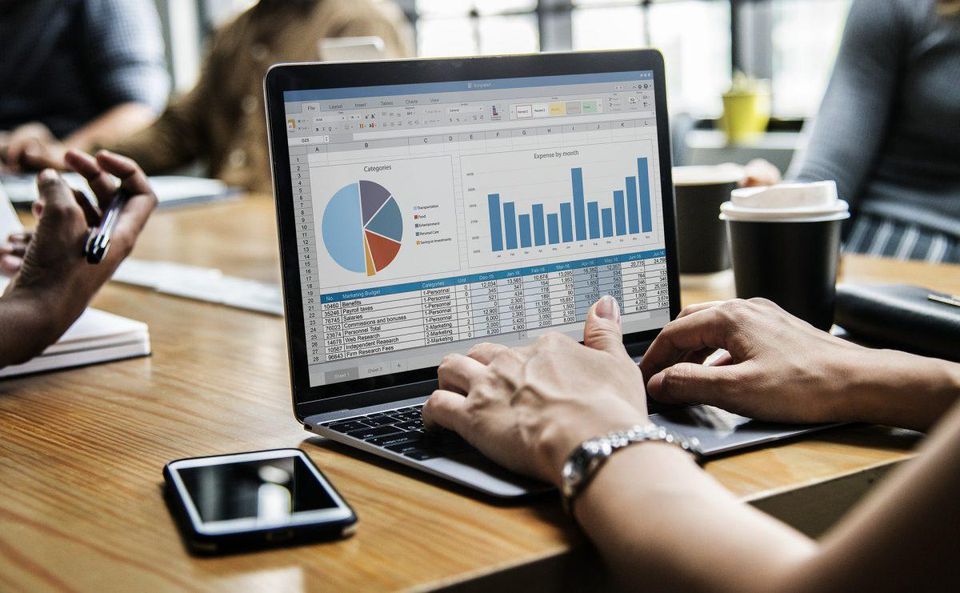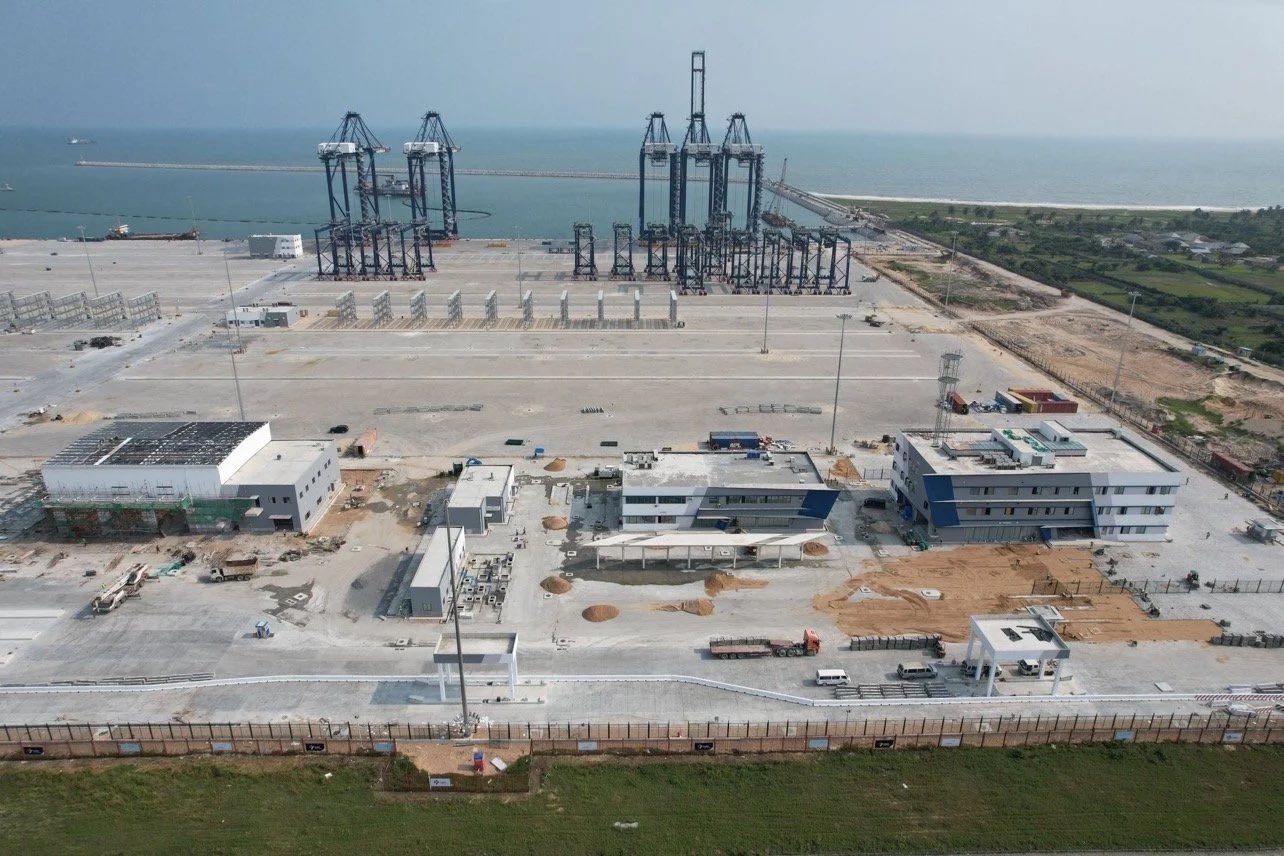The G7 DFIs, the IFC, the private sector arm of the African Development Bank, EBRD and the European Investment Bank today announced that they were committed to investing $80 billion in the private sector over the next five years to support sustainable economic recovery and growth in Africa.
The Covid-19 pandemic has caused a severe global economic and health crisis. The announcement is a welcome boost to support the long-term development objectives of African economies that have been negatively impacted by the crisis. It is the first time the G7 DFIs have come together to make a collective partnership commitment to the African continent.
The IMF estimates that sub-Saharan Africa needs additional financing of around $425 billion between now and 2025 to help strengthen the pandemic response spending and reduce poverty in the region.
The UK Minister for Africa, James Duddridge, said: “The UK is proud to back this commitment by world leaders at the G7 Summit to invest more than $80 billion in Africa’s private sector over the next 5 years.
“This investment will create jobs, boost economic growth, help tackle climate change and fight poverty. It comes at a crucial time as the continent rebuilds its economies, severely impacted by Covid-19.”
Nick O’Donohoe, the CEO of CDC Group, said: “The patient, high quality capital that DFIs provide is urgently needed if African economies are to start to rebuild quickly from the impact of the pandemic. CDC is committed to building long term investment partnerships in Africa that fuel sustainable private sector growth in support of the UN’s Sustainable Development Goals.”
Werner Hoyer, President of the European Investment Bank, said: “The EIB welcomes G7 leadership to enhance support for high-impact investment across Africa during and after the pandemic. Last year the EU Bank’s engagement in Africa, as part of Team Europe, represented the largest ever support for climate action and investment in fragile states in 55 years of EIB operations on the continent. We stand ready to cooperate further with African and multilateral partners to tackle both COVID-19 and accelerate the green transition in Africa.”
Makhtar Diop, IFC’s Managing Director, said: “Ensuring an inclusive and sustainable recovery for people, businesses and economies across Africa in coordination with our development partners, is at the core of IFC’s development mandate today. We know that the private sector will play a major role in financing Africa’s future by creating millions of jobs that are essential to ensuring sustained economic growth and poverty reduction. We, therefore, welcome this important partnership and are proud to provide financing and to work with partners to help create the right conditions to bring more private investment to Africa.”
David Marchick, Chief Operating Officer of U.S. International Development Finance Corporation (DFC), said: “Under President Biden’s leadership, investing more in Africa is a top priority for DFC in fulfilling our development mandate. DFC is proud to be doubling down on our commitment to Africa alongside our G7 and multilateral partners and will continue to prioritize investments in vaccine manufacturing, COVID-19 response, climate mitigation and adaptation, and gender equity on the African continent.”
Dario Scannapieco, Chief Executive Officer of Cassa Depositi e Prestiti (CDP), said: “Closer collaboration among Development Finance Institutions and multilateral partners is an essential factor in fostering sustainable economic recovery and growth in Africa. CDP looks forward to contributing to this strategic partnership, supporting the African continent in developing its entrepreneurial and financial private sector, to unlock its vast, untapped potential.”
Solomon Quaynor, African Development Bank VP, Private Sector, Infrastructure & Industrialization said: “We welcome this global partnership and the opportunity to provide the African voice, as Africa builds back better and boldly. The opportunity to create jobs particularly for youth and women, from a focus on industrializing Africa underpinned by the African Continental Free Trade Area, will be our priority. Given the gap between the IMF estimates and what this partnership is committing to, we will seek to crowd-in African development partners, as well as African savings from SWFs, pensions, and insurance pools, estimated to have US$1.8 trillion AUM.”
Heike Harmgart, EBRD Managing Director, Southern & Eastern Mediterranean, said: “Harnessing the potential of the private sector is essential to supporting prosperity in Africa and meeting the continent’s development needs. In the North African countries where we work – Egypt, Morocco and Tunisia – we have invested over €11.5 billion in only 9 years, focused on boosting the private sector, developing green sustainable infrastructure and promoting youth and women participation in the economy. We will pursue our efforts to expand private sector investment opportunities at scale in the region in close cooperation with other development actors.”
Monika Beck, member of the DEG-Management Board, said: „Many of our African partner countries have been hit hard by the pandemic. We quickly developed new services to support private sector SME and to help protecting jobs and livelihoods. In Africa, DEG has always been specifically committed to creating prospects for the young, growing population. In addition to the continuing massive impact of Covid-19 we expect a further acceleration of the challenges connected to developments such as digitization and climate change. Therefore DEG welcomes and is proud to be part of the G7 DFI Africa initiative”.
Each DFI has its own investment criteria which are aligned to an assessment of need to achieve development impact across a range of sectors. DFIs play an important role in helping to build markets, mitigate risk and pave the way for other investors to enter new markets.
The G7 DFI group consists of CDC, Proparco (France), JICA and JBIC (Japan), DFC (US), FinDev Canada (Canada), DEG (Germany) and CDP (Italy). This commitment is also supported by the IFC, the Africa Development Bank, the European Bank for Reconstruction and Development and the European Investment Bank


 Forex4 weeks ago
Forex4 weeks ago
 Naira4 weeks ago
Naira4 weeks ago
 Billionaire Watch3 weeks ago
Billionaire Watch3 weeks ago



 Naira4 weeks ago
Naira4 weeks ago






 Naira3 weeks ago
Naira3 weeks ago


 Naira2 weeks ago
Naira2 weeks ago






 Naira2 weeks ago
Naira2 weeks ago


 Naira2 weeks ago
Naira2 weeks ago





















